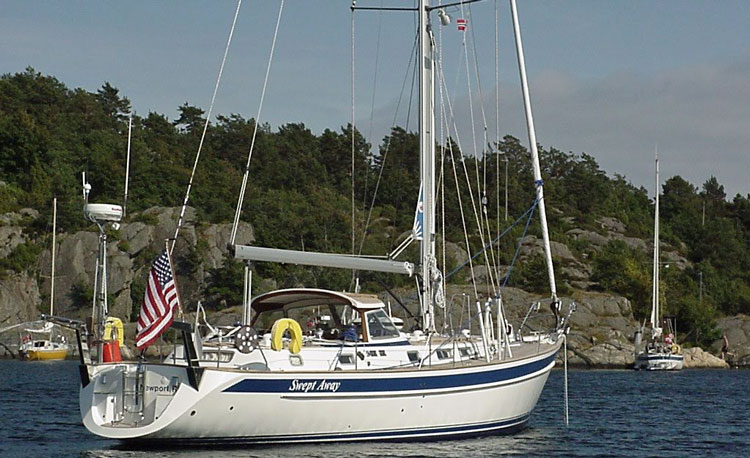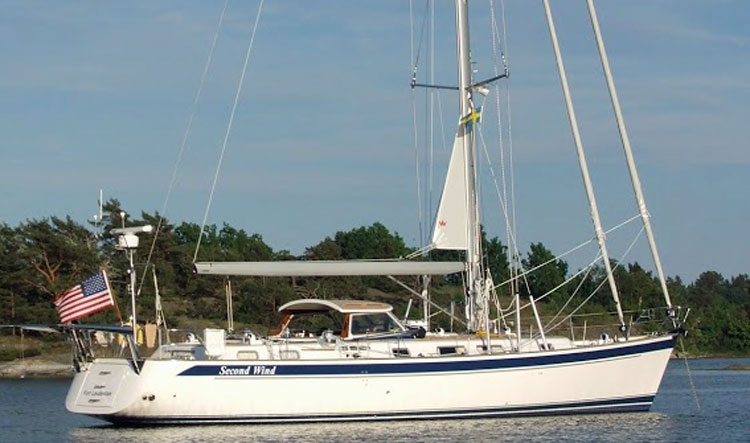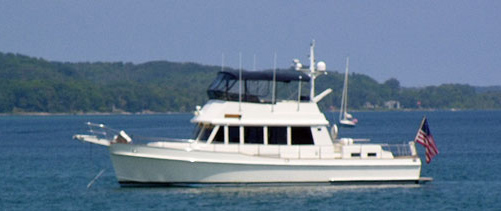 |
 |
 |
The island of Elba has had a human population since the Paleolithic and Neanderthal eras. Its first commercial ventures were mining, first copper for bronze, and then iron. The island was a target for invaders, including the Turkish pirate Barbarossa, and changed hands many times until it was unified with the rest of Italy in the nineteenth century. Around the time of Napoleon, the island was French.
 |
Elba is best known as the island to which Napoleon was exiled in 1814. He stayed less than ten months, returned to France for a triumphant 100 days, then, defeated again, was sent permanently to St. Helena, a remote island in the South Atlantic. During his brief reign in Elba, Napoleon improved the roads, attended to taxes, fisheries, hospitals, defense, and agriculture. He inscribed the phrase "Napoleon is happy everywhere" in his house, but that was proven wrong by history. |
|
Fishing is still an important element of the economy in Elba. On any morning, fishermen returning to port with the catch clean up or sell the fish right along the docks. The boat shown here is a fairly large commercial vessel, but notice that much of the catch comprises fish so small that they will probably be eaten whole. You can see the balance scale he uses to weigh the fish he sells. The other shoreside activity for fishermen is to mend the lines and nets to get them ready for their next outing. The nets need to be made of fine line, with holes small enough to keep the fish from swimming out. Much of the morning, they sit on the docks and untangle or repair the nets that they used to capture the fish. |
|
 |
There is no airport on Elba. Everyone that visits or lives there comes in by sea, most on commercial ferries. We've enjoyed the colorful animations painted alongside the ferryboats on the Moby line. Other ships have underwater scenes in shades of blue, or fat, pink cartoon people flirting or playing. |